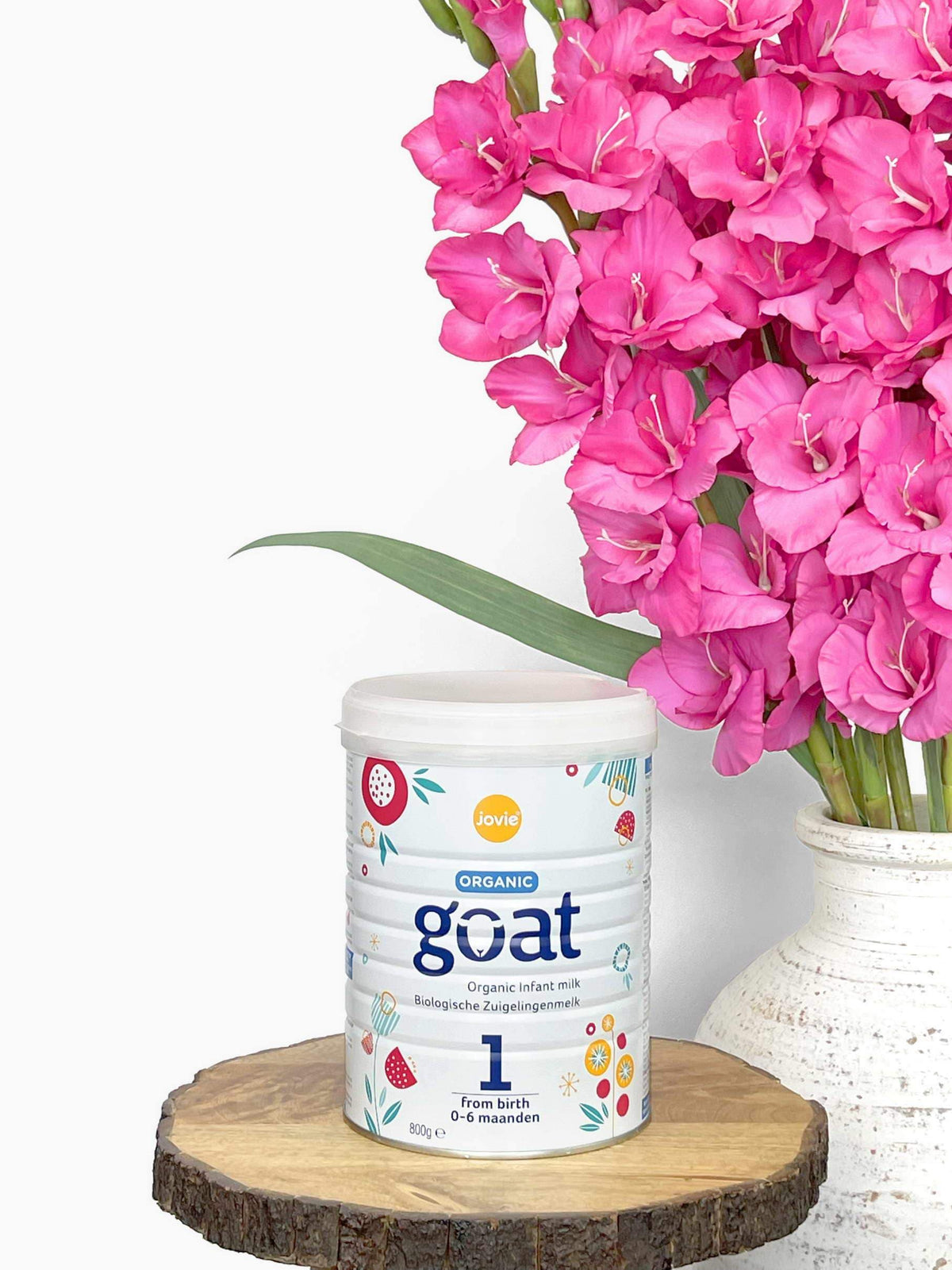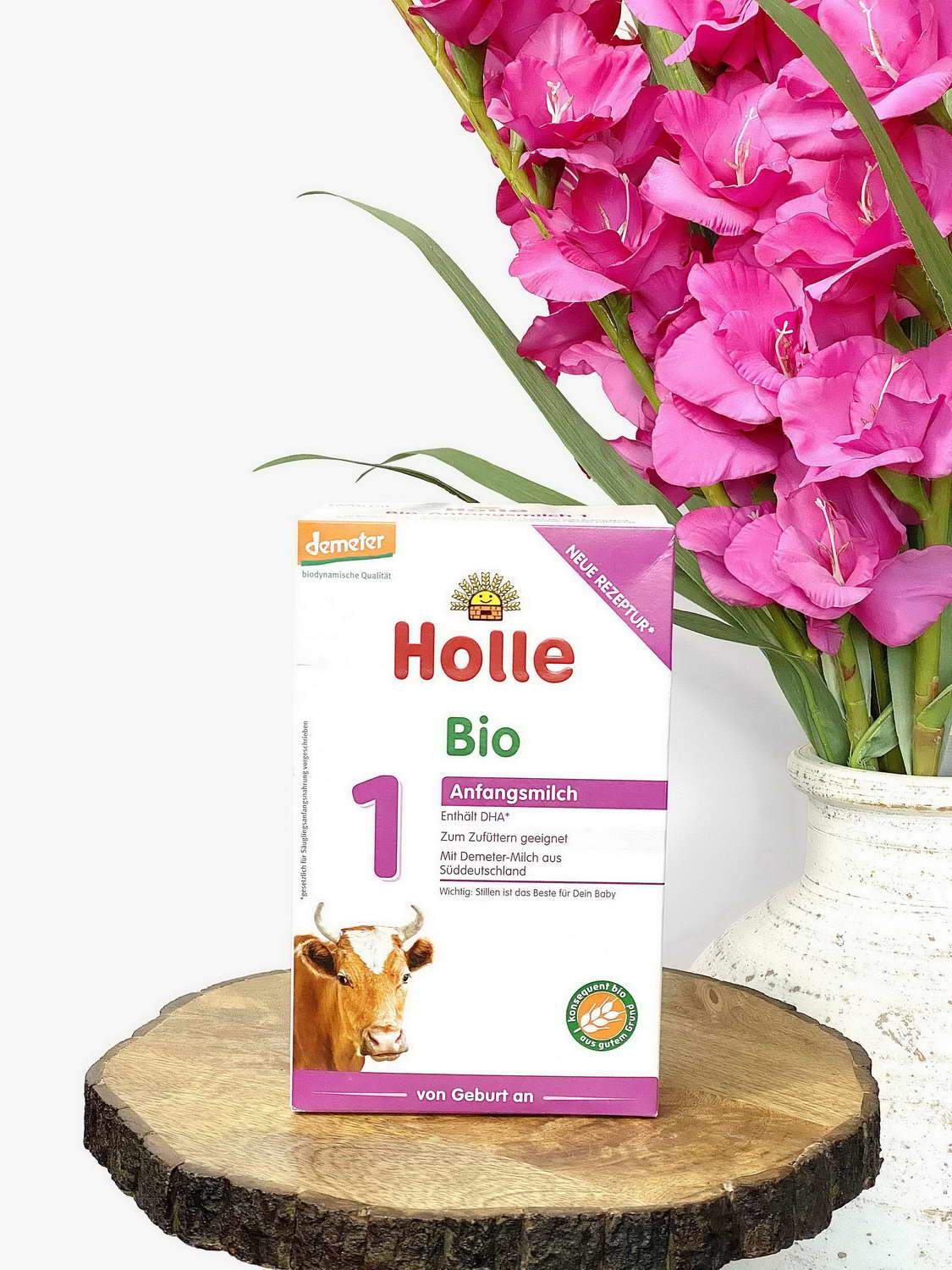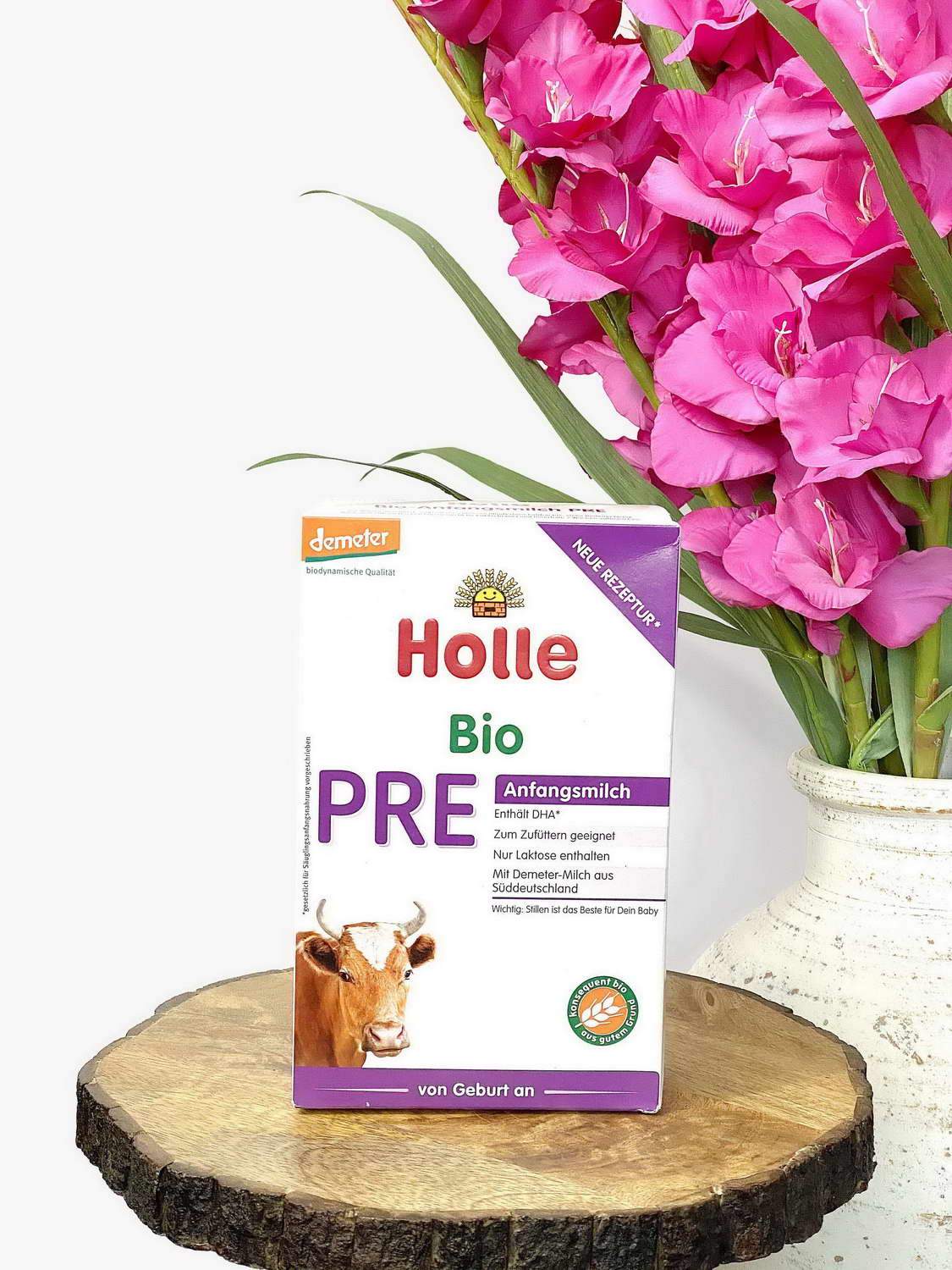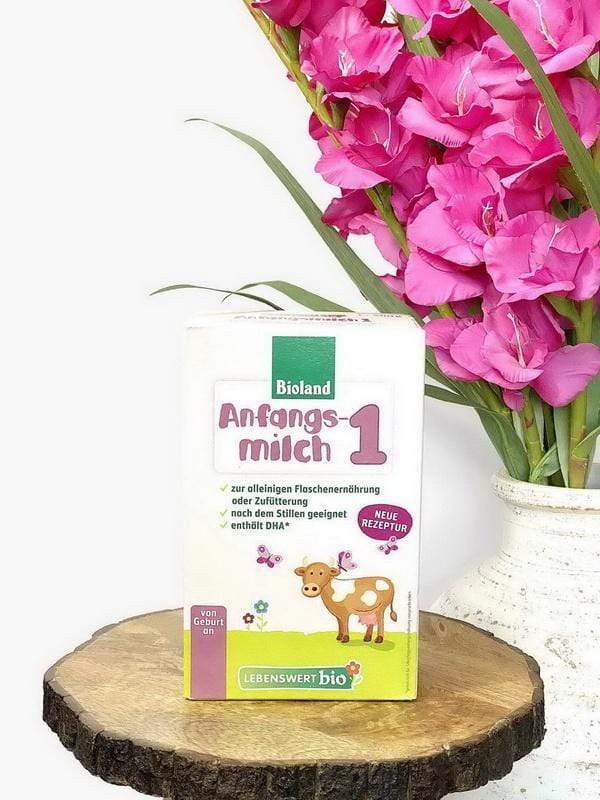Your cart is empty
Shop formulasYou have not added any favorites yet.
Shop formulasRecommended products
10 Toxic Ingredients
to Avoid in Baby Formula
Written by Renee Published on 01/30/24 Read Time 5 min

The best baby formulas are the ones with ingredients closely resembling breast milk. Breastfeeding provides a multitude of health benefits for both babies and their mothers, but only some can or want to breastfeed.
When breastfeeding is challenging for one reason or another and is unavailable, baby formula can step in as an alternative to a mother’s milk.
Let's look at what toxic ingredients parents must avoid in their baby's formula and where families can find the safe, healthy recipe their baby deserves.
Table of Contents
Ingredients to Avoid in Baby Formula
Unfortunately, in America, good infant formula is tough to come by because of the toxic ingredients that are allowed by the FDA. Knowing which components are harmful and their effects is an essential step to finding nutrition that is pure and as close to breast milk as possible.
#1 Heavy Metals
In the United States, recent studies found that many popular baby food products contain a surprisingly high amount of dangerous heavy metals—including arsenic, cadmium, and lead.
These heavy metals are found naturally in all soil, but without proper regulations, these toxins go unfiltered and can harm a baby's development.
Heavy metals have been especially linked to negative effects on the developing infant's mind, brain, cardiovascular, and immune systems.
#2 Melamine
Over 300,000 infants have been victims of Melamine overdosed baby formula. Melamine is rich in nitrogen and widely used to process plastics and adhesives.
In America, melamine is used to spike milk production in dairy cows. This milk is then found in your infant's nutrition with the toxin attached. The FDA justifies this use, saying that the levels are extremely low.
#3 Soy
When a milk protein allergy or sensitivity occurs in infants, parents avoid milk-based formula and choose a soy-based baby formula. Except for medical urgency, soy formula is not recommended.
The reason soy formula should be used only as a last resort is phytoestrogens, phytic acid, and genistein. These compounds can flood the infants with hormones, block essential nutrients, and create long-term implications like developmental problems during puberty for boys and early adolescence for girls.
#4 Gluten
Gluten is a type of bread-based grain protein. It’s found in many foods, including rye, wheat, barley, and some bread and snacks.
Within the first year, babies' digestive systems cannot tolerate the harsh gluten protein, which can lead to severe constipation, abdominal pain, and long-term health problems for up to 6% of the population, long-term health problems.
#5 Mineral Oil
Contamination of infant formula by aromatic mineral oil hydrocarbons has been in the news recently.
Used in production, this highly alkaline mixture can cause diarrhea, poor absorption of nutrients, and dehydration in infants.
#6 Preservatives
Preservatives are used to keep your baby formula from spoiling, so it will have a longer shelf life. Nothing about preservatives is natural, and it has been known to aggravate food allergies in infants.
You may see preservatives by the names sulfur dioxide and “additives” on baby formula cans, so read your baby formula package carefully.
#7 Faux Iron
Best known for treating anemia, this mineral can be found naturally. Iron is animportant ingredient in baby formula, but faux iron is not. This electrolyte is often found in fortified powder form.
Faux iron is under-regulated and overused in American baby formulas. Regular ingestion can cause digestive worries at the least and long-term cardiovascular problems on the other end.
#8 Corn Syrup/Sugar
These highly addictive ingredients are almost unavoidable in most American baby formulas. Some research suggests that the sugar content in American baby formula may be as high as that in sugary soft drinks.
Corn syrup, sometimes known as glucose syrup, contains mostly corn starch. Like sugar, it’s high in carbohydrates and calories and has little nutritional value.
Infants that consume sugar or corn syrup regularly risk a lifetime of health problems. These sugars have been associated with the development of many diseases and medical conditions, including heart disease, metabolic syndrome, and type 2 diabetes.
#9 Genetically Modified Ingredients (GMO)
Countries worldwide are passing laws against GMOs, and many regulations have specifically targeted infant nutrition. America needs to be faster to follow.
GMOs have been associated with cancer, organ failure, and congenital disabilities.
#10 Synthetic Nutrients
American formula is laden with synthetic nutrients. These synthetic ingredients are neurotoxic and processed with harmful chemicals that are known carcinogens.
Common toxic ingredients labeled as so-called nutrients are lycopene, lutein, taurine, L-methionine, and nucleotides. To be clear, these ingredients can come from natural sources or be created in a lab; this is why it is important to ask where each ingredient's source is if you see them inside your baby formulas or baby foods. Infants given these cheap synthetic fillers are prone to suffer from chronic disease as they grow up.

European Baby Formula
With toxin ingredients in nearly all American baby formulas, is it any wonder European baby formula has become so popular?
European infant nutrition regulations go above and beyond FDA guidelines. Strict rules and ordinances are put into place and frequently monitored to ensure the safety of European baby formulas.
European baby formulas are sourced from certified farms that consider the entire ecosystem. Parents will never find pesticides, chemical fertilizers, or genetic modifications at any part of the process, from planting to manufacturing.
You will find family-owned and operated companies that put infant nutrition first. The organic ingredients in European baby formula nourish your little one from head to toe.
European formulas are full of pure and simple ingredients that start with 100% grass-fed milk and end with a recipe as close to breast milk as possible.
The Best Baby Formula
Any exposure to toxins during the first years of an infant's life can make harmful changes in a baby’s development.
Our mission at My Organic Company is to work diligently to bring your pure family nutrition to support your little one's brain, eyes, immune system, and digestive system. We offer only the best natural ingredients, free of harmful components.
Please be aware that this information is based on general trends in babies, and it is not medical advice. Your doctor should be your first source of information and advice when considering any changes to your child’s formula and when choosing your child’s formula. Always consult your pediatrician before making any decisions about your child’s diet or if you notice any changes in your child.
Breastfeeding is the best nutrition for your baby because breast milk provides your child with all the essential nutrients they need for growth and development. Please consult your pediatrician if your child requires supplemental feeding.
Author Bio:
Renee is an infant nutrition consultant and a full-time writer. Due to her experience in seeking better nutrition for her premature daughter, she advocates for European baby formula. Renee is fully committed to contributing value to this critical area of child development as a mother of a large family, foster parent, and adoption supporter.
Renee enjoys camping outdoors, swimming, and hiking with her family when she is not working.
















